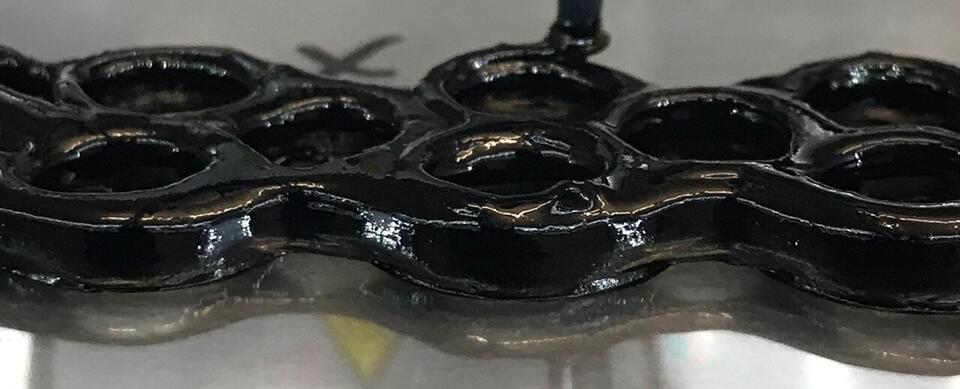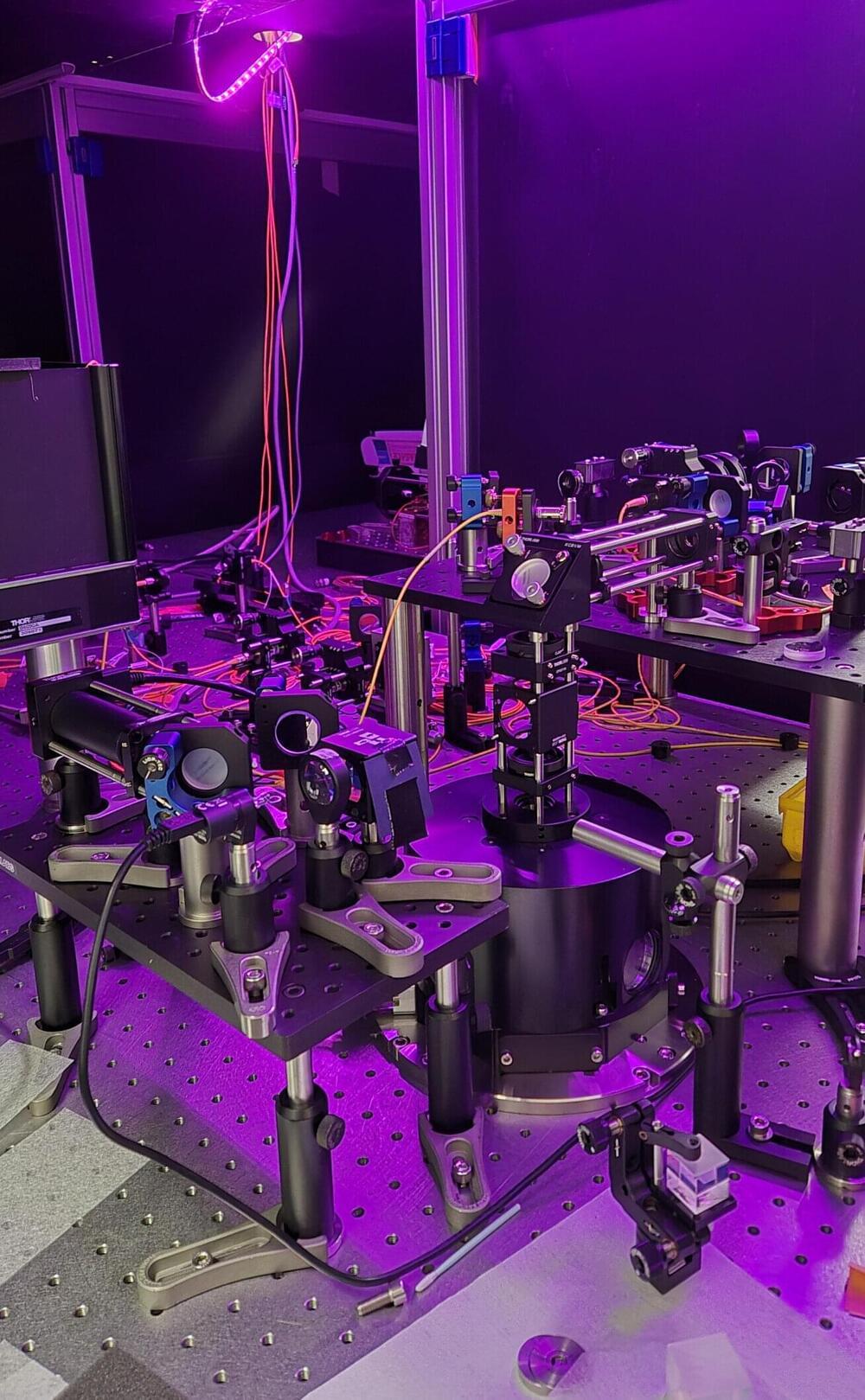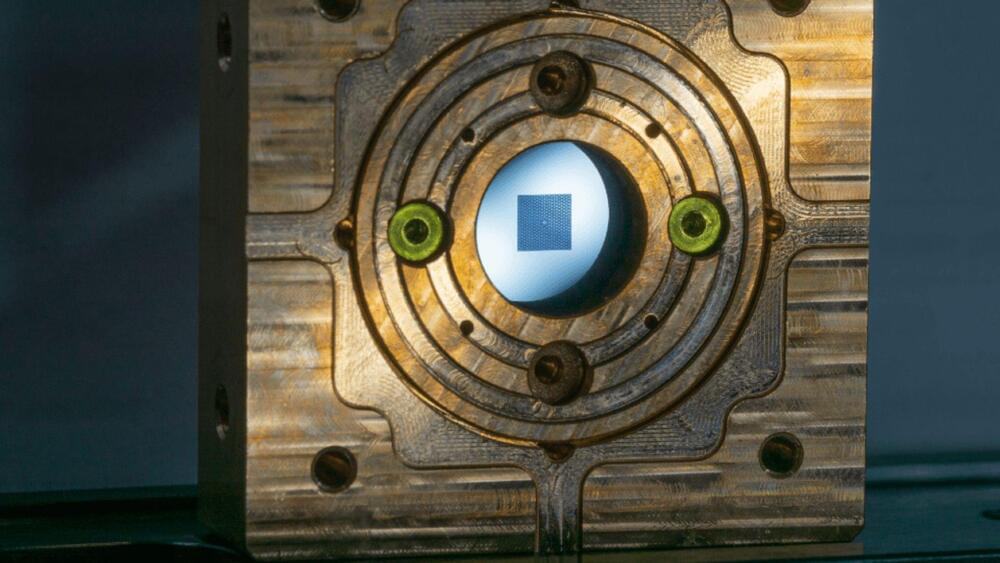I found this on NewsBreak: The big idea: are we about to discover a new force of nature?
Intriguingly, both disciplines are grappling with unexplained results that could be pointing to the existence of a new force of nature. If such a new force were to be confirmed, the implications for our understanding of the universe, its history and makeup would be profound.
There are four forces that we already know about. Gravity governs the grandest scales, marshalling the planets in their orbits and shaping the evolution of the universe as a whole. Electromagnetic force gives rise to a vast range of phenomena, from the magnetic field of the Earth to radio waves, visible light and X-rays, while also holding atoms, molecules and, by extension, the physical world together. Deep within the atomic nucleus, two further forces emerge: the vice-like “strong force”, which binds atomic nuclei, and the “weak force”, which among other things causes radioactive decay and enables the nuclear reactions that power the sun and the stars.
Studying these forces has transformed our understanding of nature and generated revolutionary new technologies. Work on electromagnetism in the 19th century gave us the electric dynamo and radio broadcasts, the discovery of the strong and weak forces in the 1930s led to nuclear energy and atomic bombs, while understanding gravity has made it possible to put astronauts on the moon and to develop GPS satellites that can tell us our location anywhere on Earth to within a few metres. Uncovering a fifth force would be one hell of a prize.









